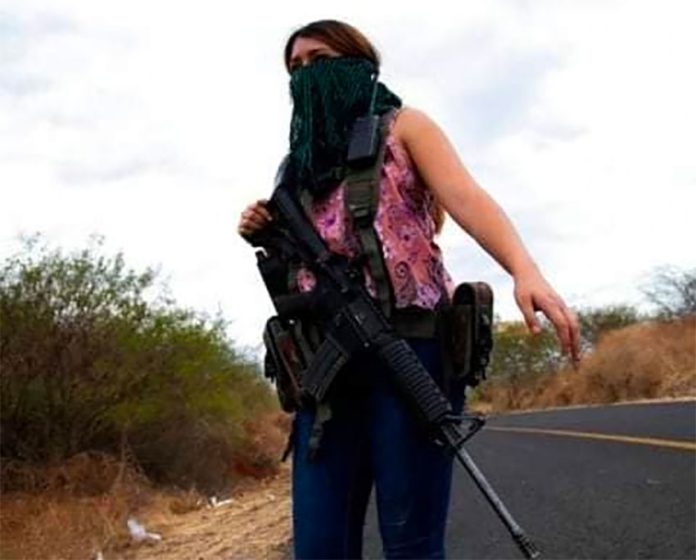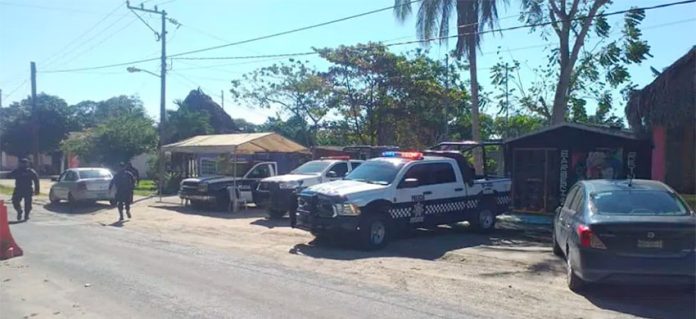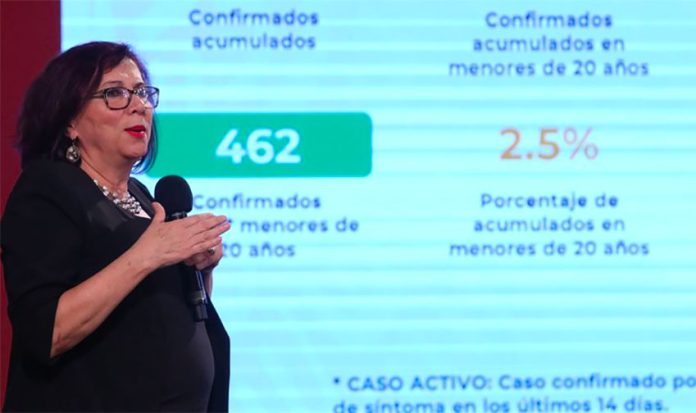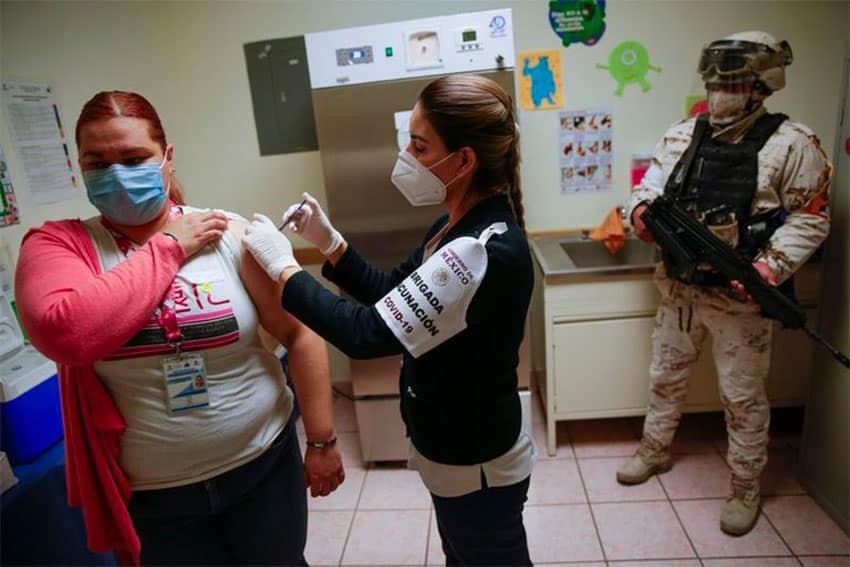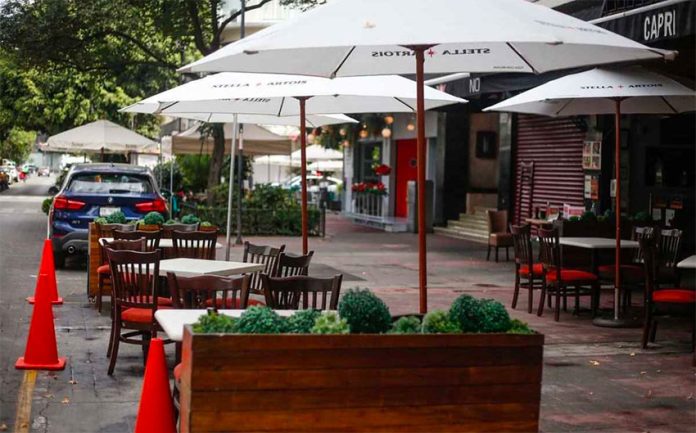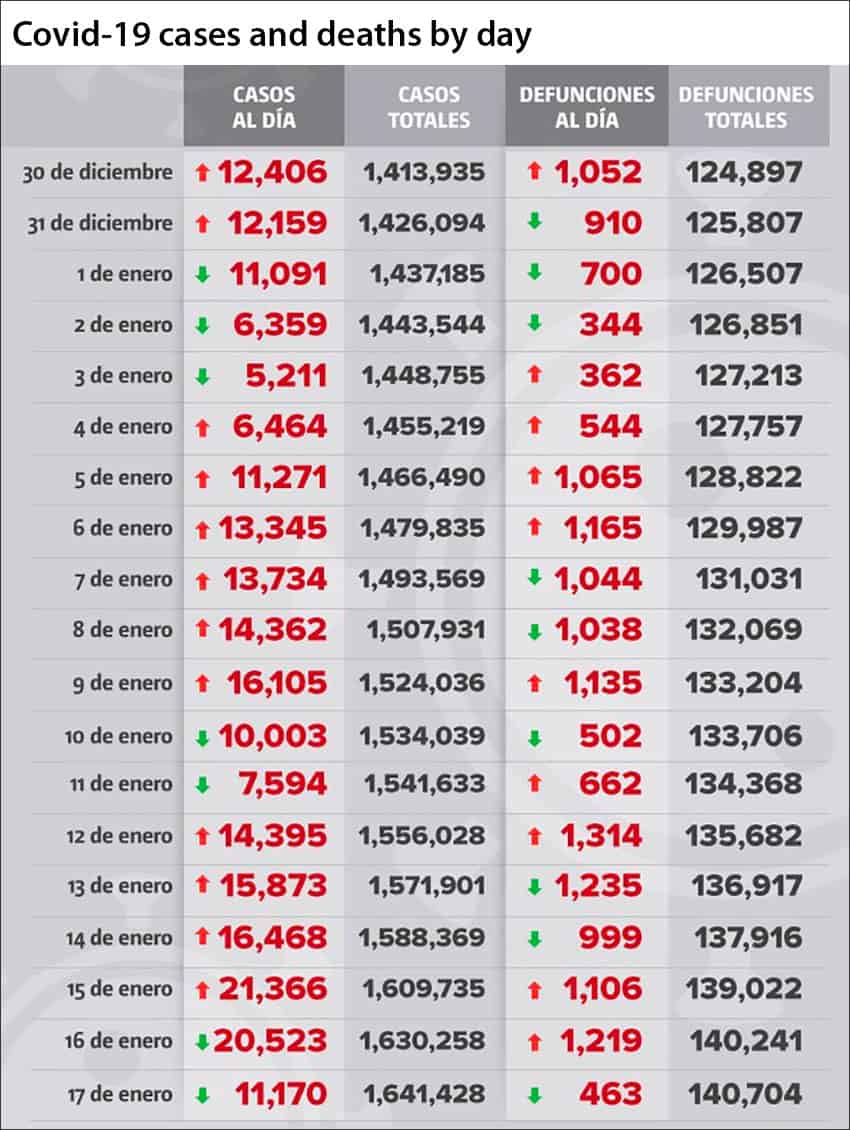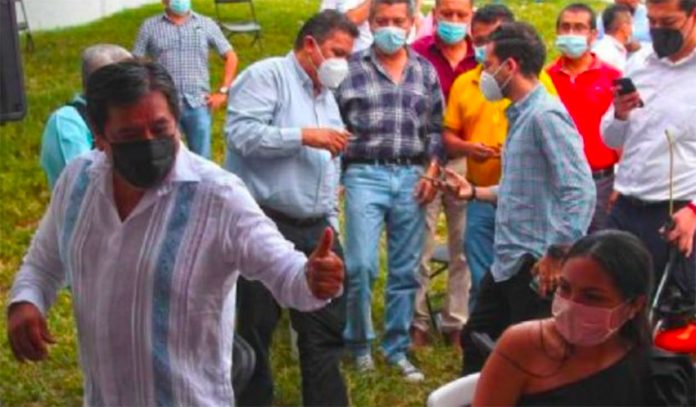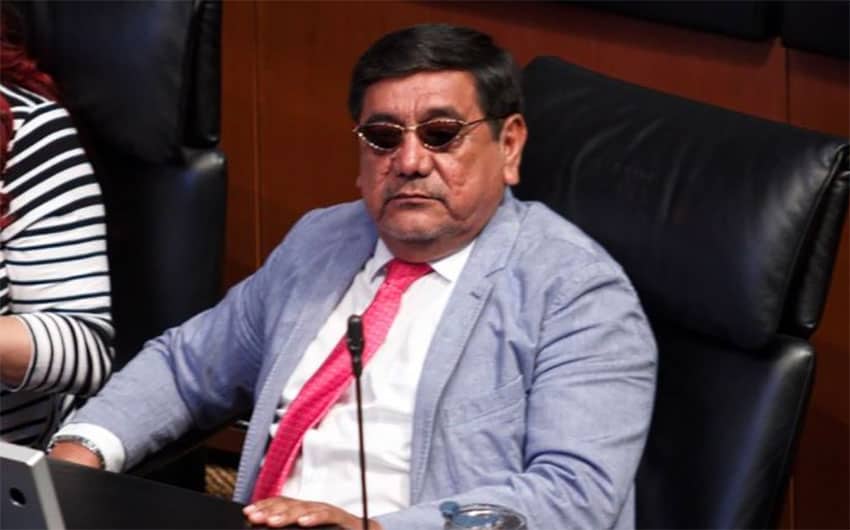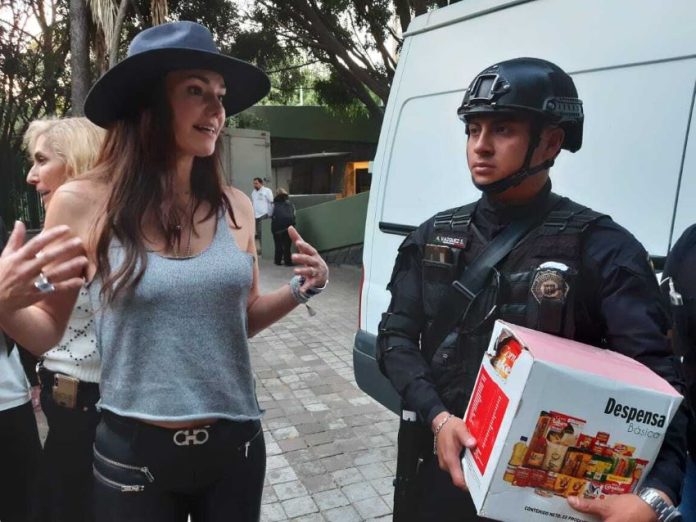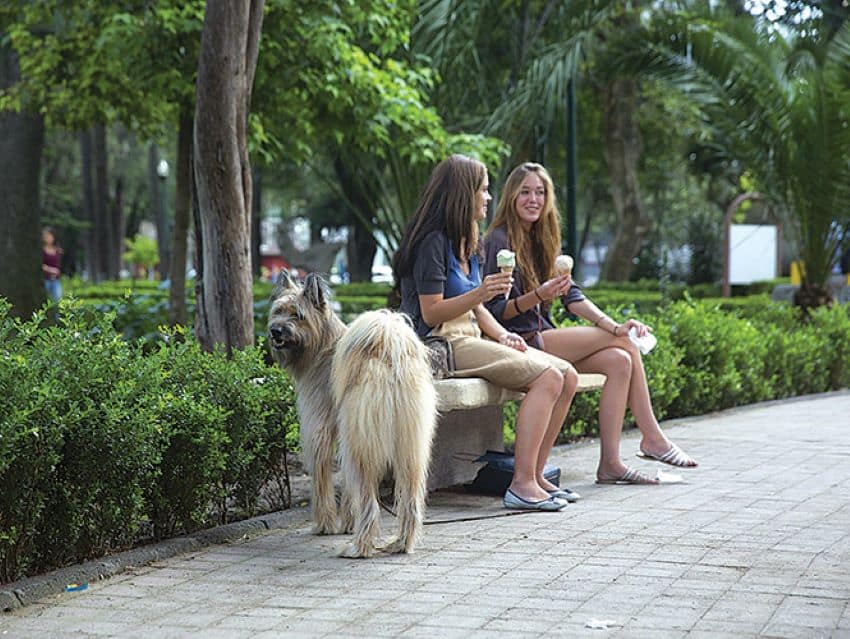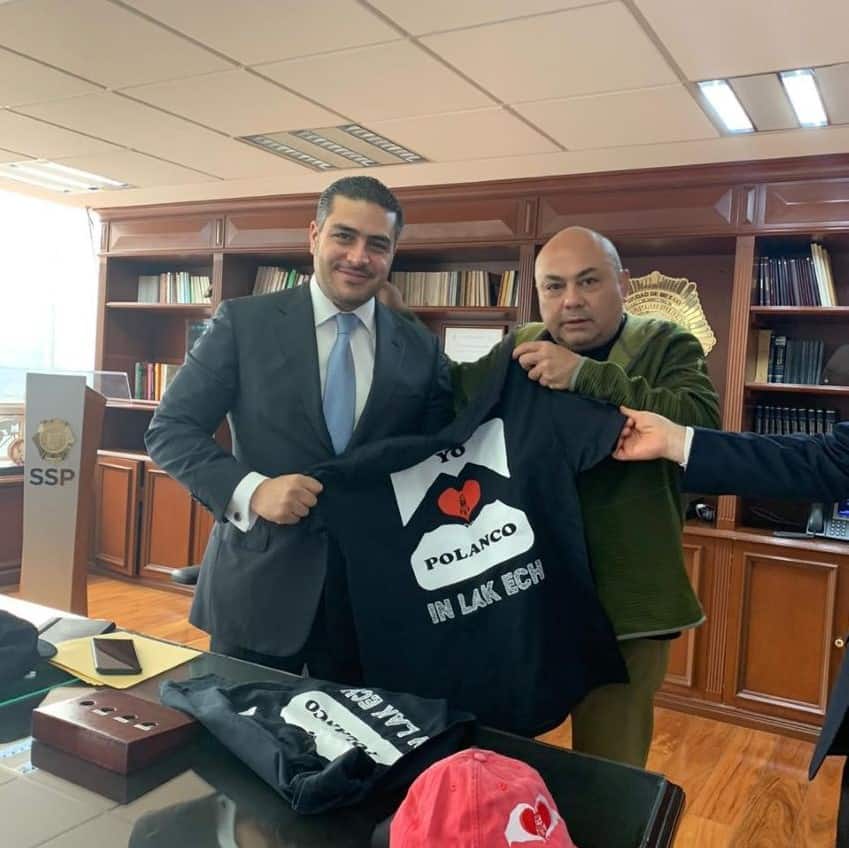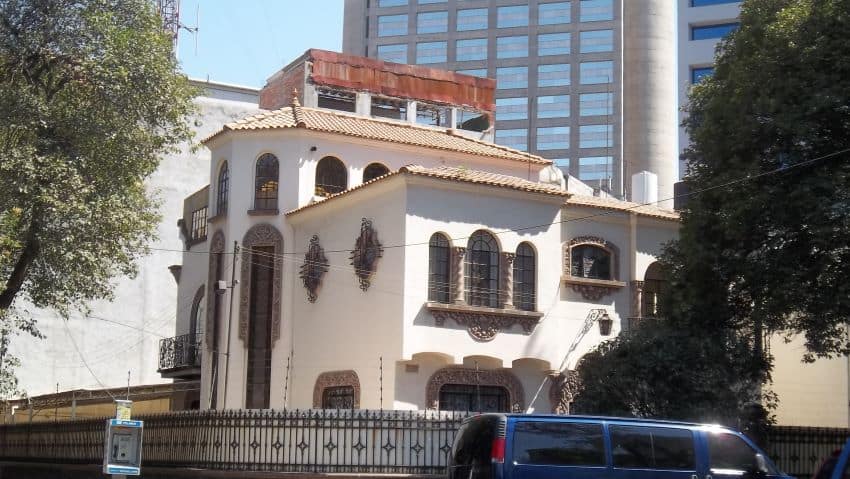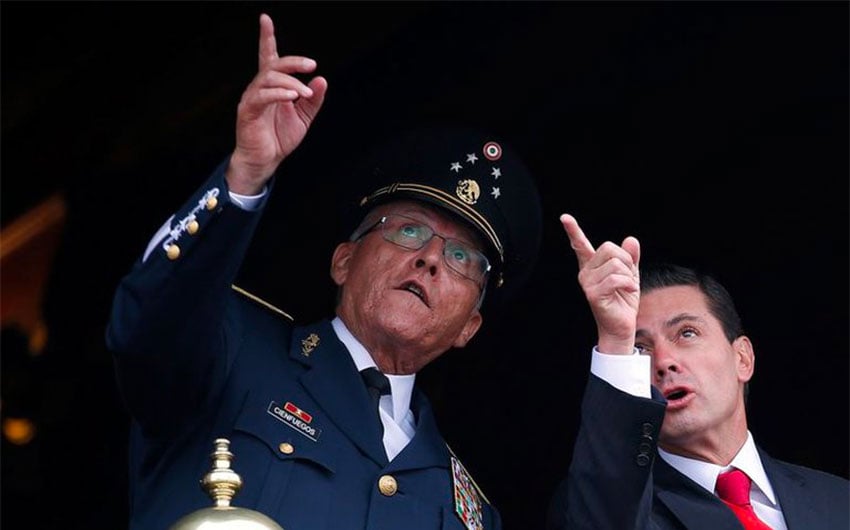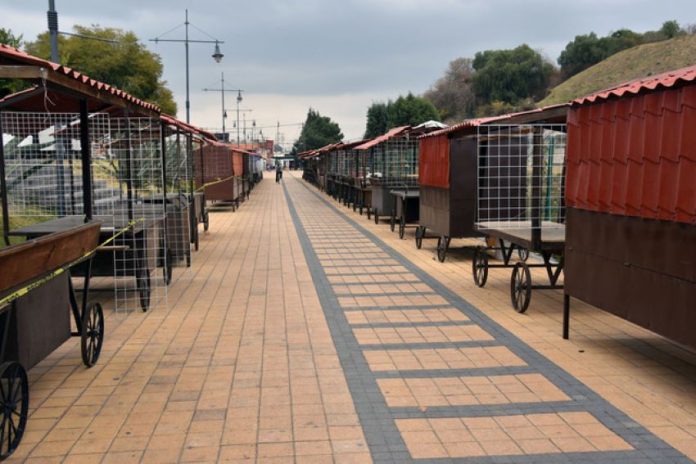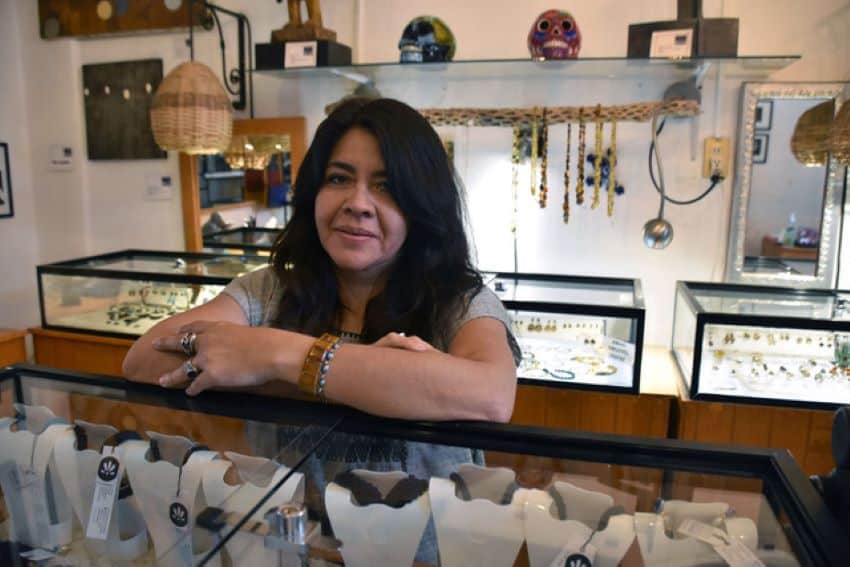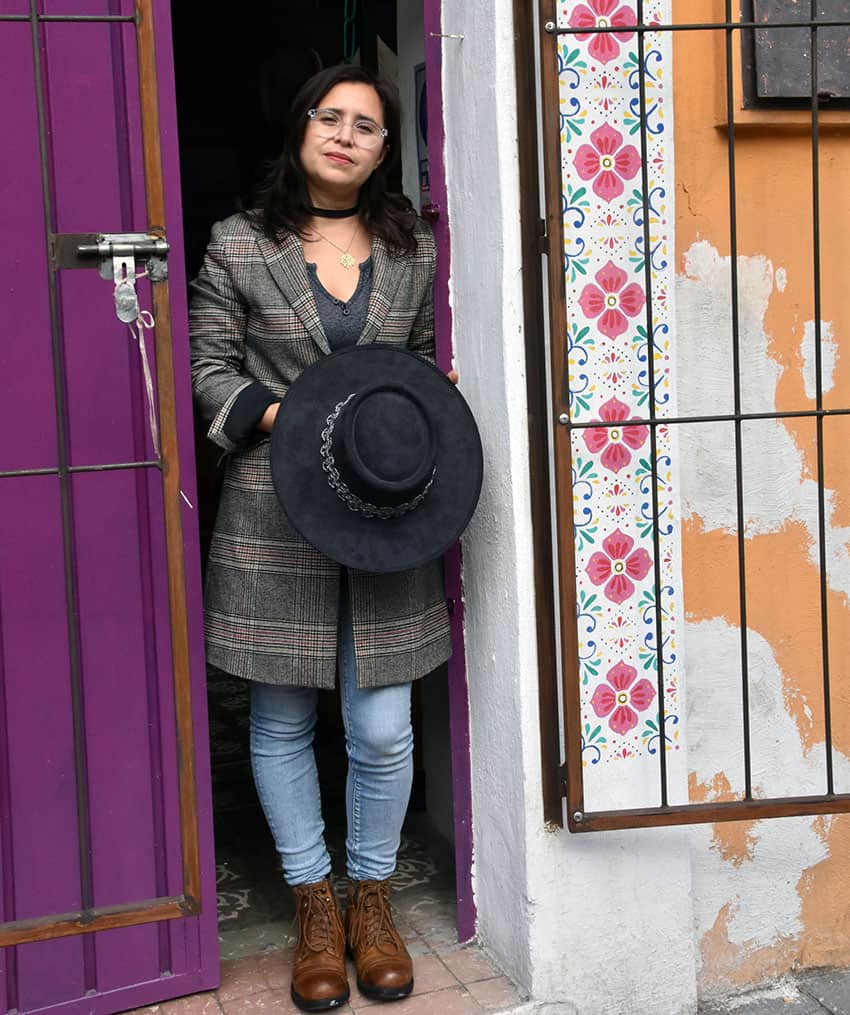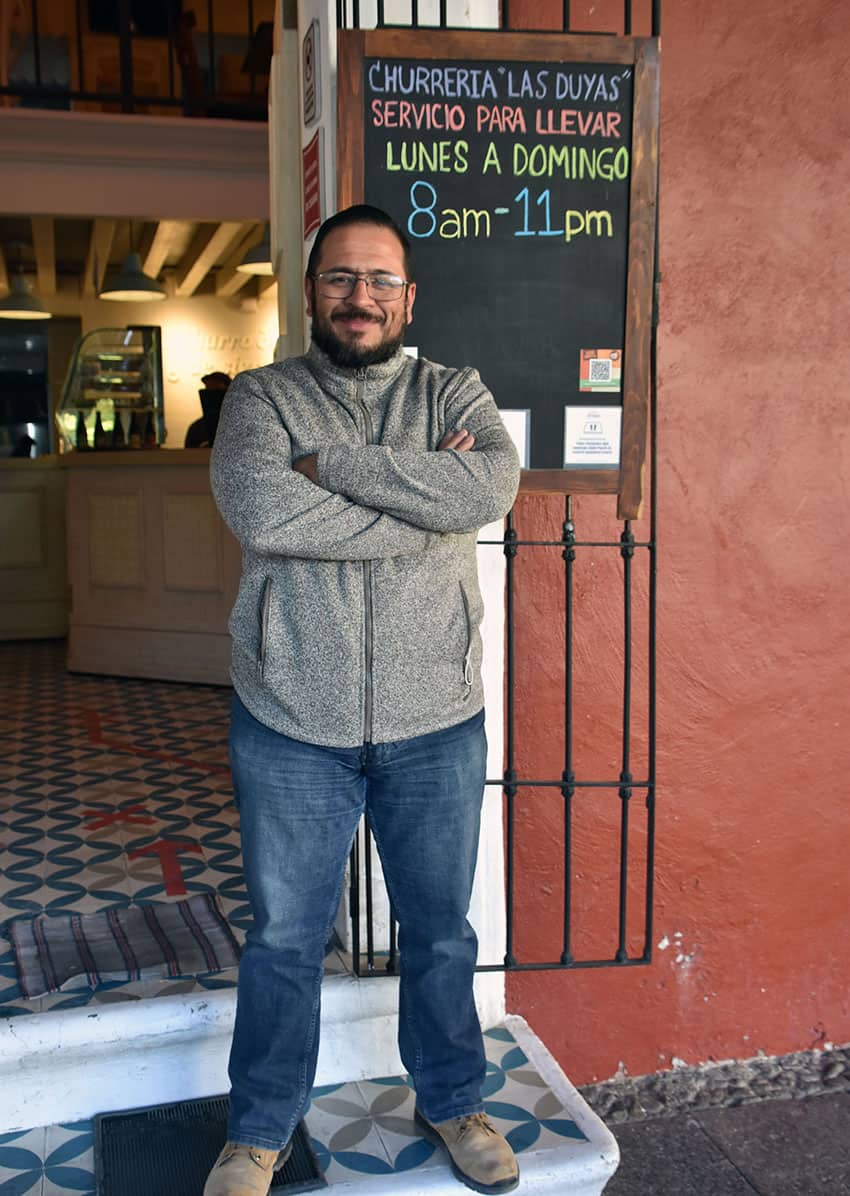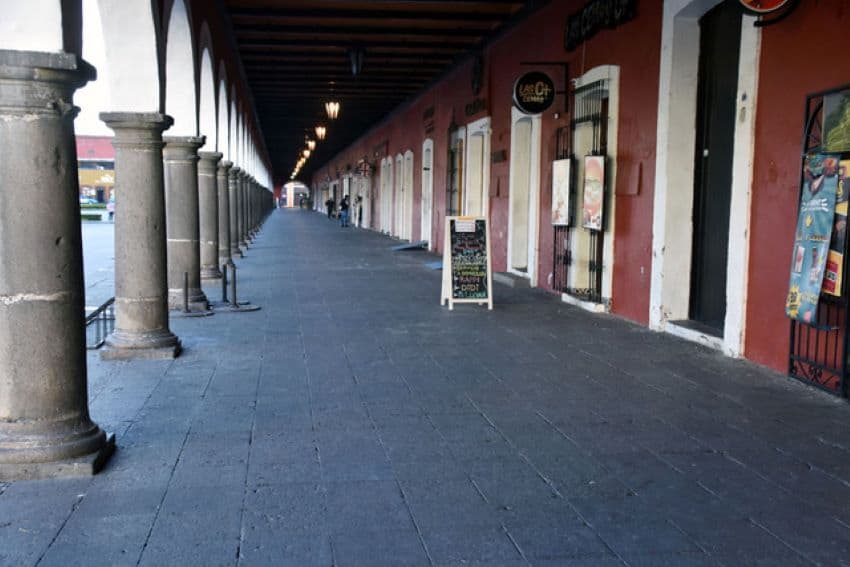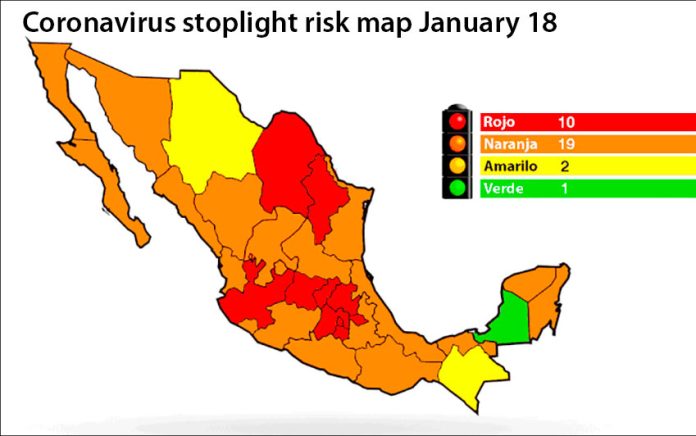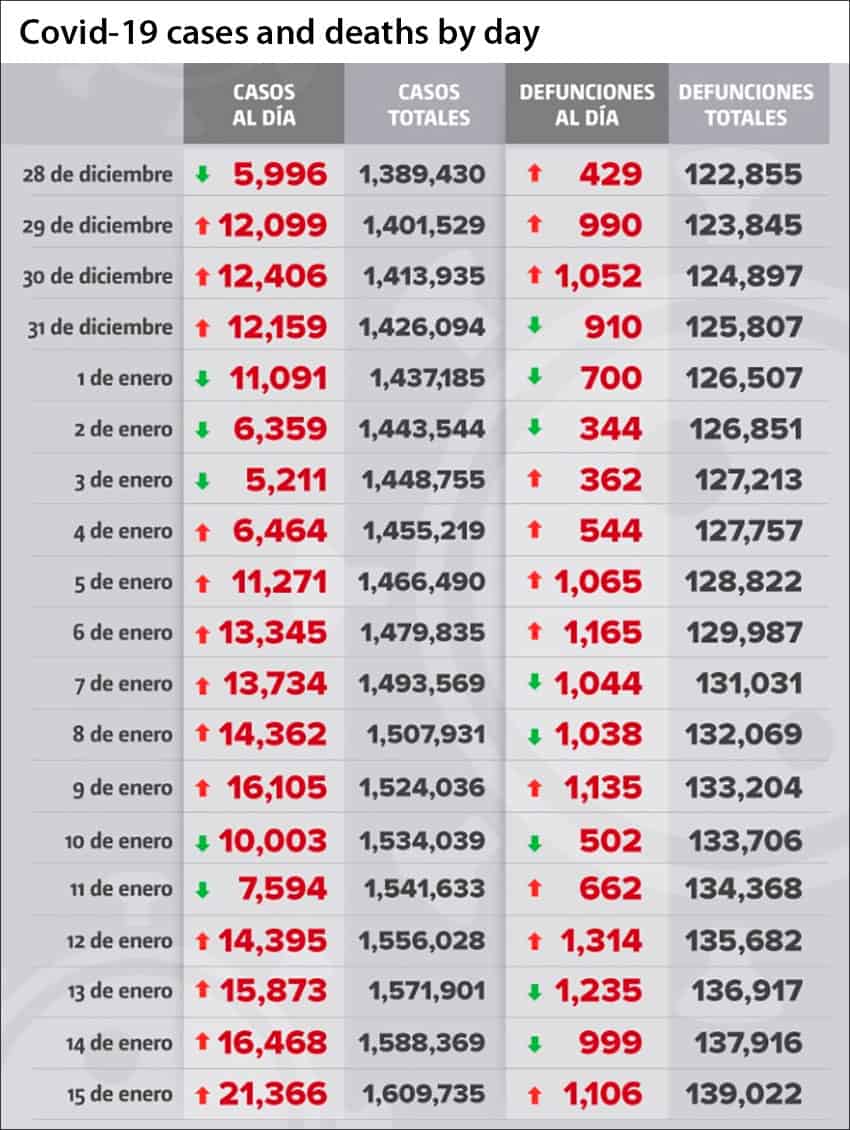A group of women in Michoacán has taken up arms to protect their small town from the Jalisco New Generation Cartel (CJNG), Mexico’s most powerful and violent criminal organization.
The Associated Press (AP) reported that an all-women self-defense group has emerged in El Terrero, a village in the Tierra Caliente region of Michoacán. The women tote assault rifles and set up roadblocks to defend the village from what they describe as the CJNG’s bloody incursion into the state.
Some of the almost 50 female vigilantes are pregnant and some take their small children with them as they patrol El Terrero. They told AP they fear CJNG gunmen could enter the town at any time via the rural area’s dirt roads.
Many of the vigilantes have lost family members in the violence that has long plagued the Tierra Caliente. Eufresina Blanco Nava said her 29-year-old son, a lime picker, was abducted by presumed CJNG members and never seen again.
“They have disappeared a lot of people … and young girls, too,” she said.
Another woman who asked not to be identified because she has relatives in CJNG strongholds told AP that the Jalisco cartel kidnapped and presumably killed her 14-year-old daughter.
“We are going to defend those we have left, the children we have left, with our lives,” she said. “We women are tired of seeing our children, our families disappear. They take our sons, they take our daughters, our relatives, our husbands.”
One reason why an all-women self defense group has emerged in El Terrero is because “men are growing scarce” in the lime-growing Tierra Caliente region, AP said.
“As soon as they see a man who can carry a gun, they take him away,” said the unidentified vigilante. “They disappear. We don’t know if they have them [as recruits] or if they already killed them.”
The group doesn’t only use assault weapons and roadblocks to defend their town. They also have a homemade tank – a large pickup truck reinforced with steel plate armor.

El Terrero has long been dominated by the Nueva Familia Michoacana cartel and the Los Viagras gang, AP said, but the CJNG control nearby areas and is determined to increase its area of influence. Naranjo de Chila, a town just across the Grande River from El Terrero, is the birthplace of CJNG leader Nemesio “El Mencho” Oseguera Cervantes, Mexico’s most wanted drug lord.
The women vigilantes have been accused by some people of being foot soldiers of the Nueva Familia or Los Viagras but they deny the allegations, although AP said “they clearly see the Jalisco cartel as their foe.”
They told the news agency that they would be very happy if the police and army came to El Terrero and took over the job they are currently doing.
One person who doubts that the women vigilantes are bona fide self-defense force members is Hipólito Mora, founder of a self-defense force in the nearby town of La Ruana that took up arms against the Caballeros Templarios (Knights Templar) cartel in 2013.
“I can almost assure you they are not legitimate self-defense activists,” said Mora, who three weeks ago announced his intention to run for governor of Michoacán at the elections in June.
“They are organized crime. … The few self-defense groups that exist have allowed themselves to be infiltrated; they are criminals disguised as self-defense.”

However, Mora acknowledged that the same conditions that forced him to take up arms remain. The authorities and police still don’t guarantee security, he said.
AP noted that Governor Silvano Aureoles also rejects the legitimacy of the self-defense groups in the state.
“They are criminals, period. Now, to cloak themselves and protect their illegal activities, they call themselves self-defense groups, as if that were some passport for impunity,” he said.
Source: AP (sp)
